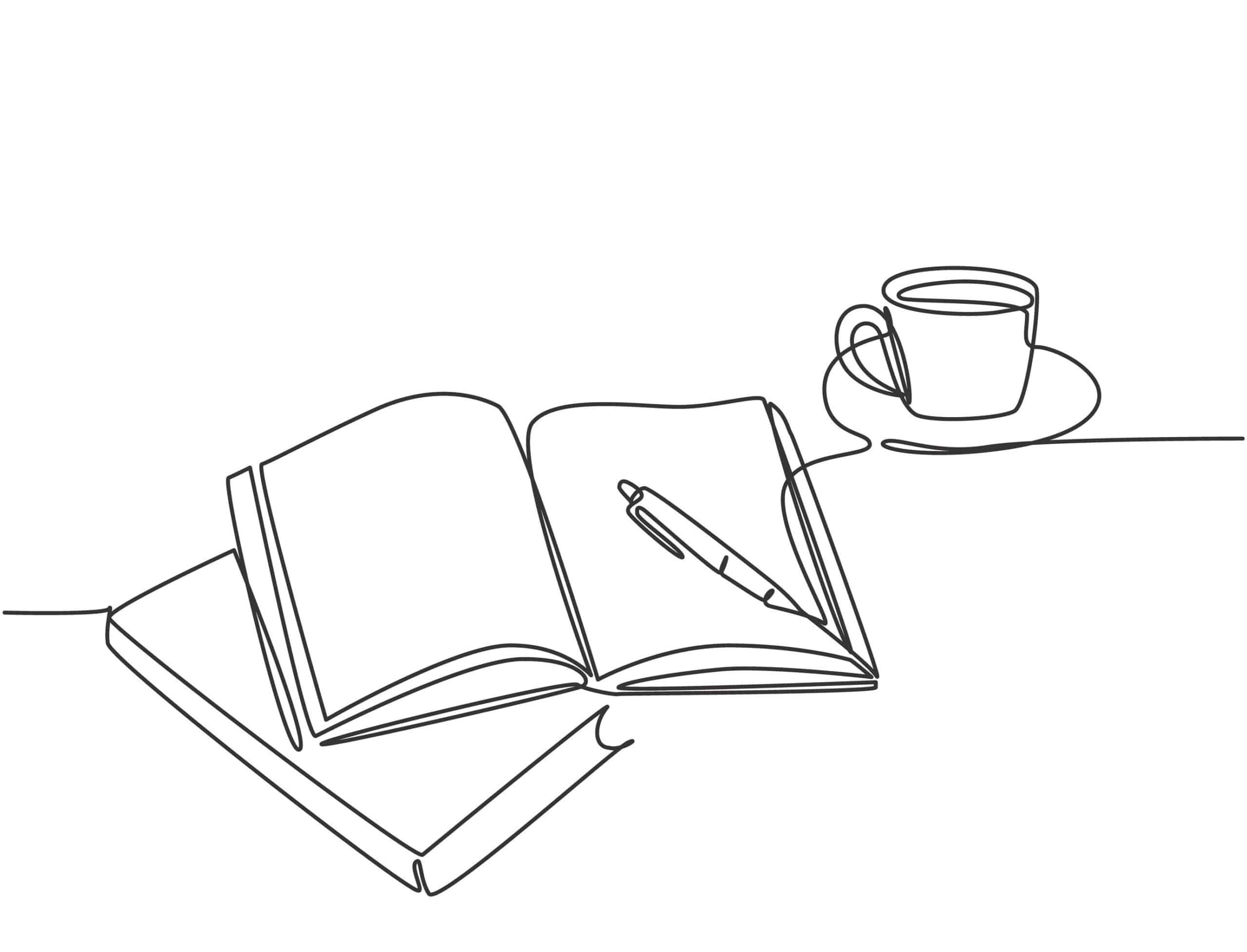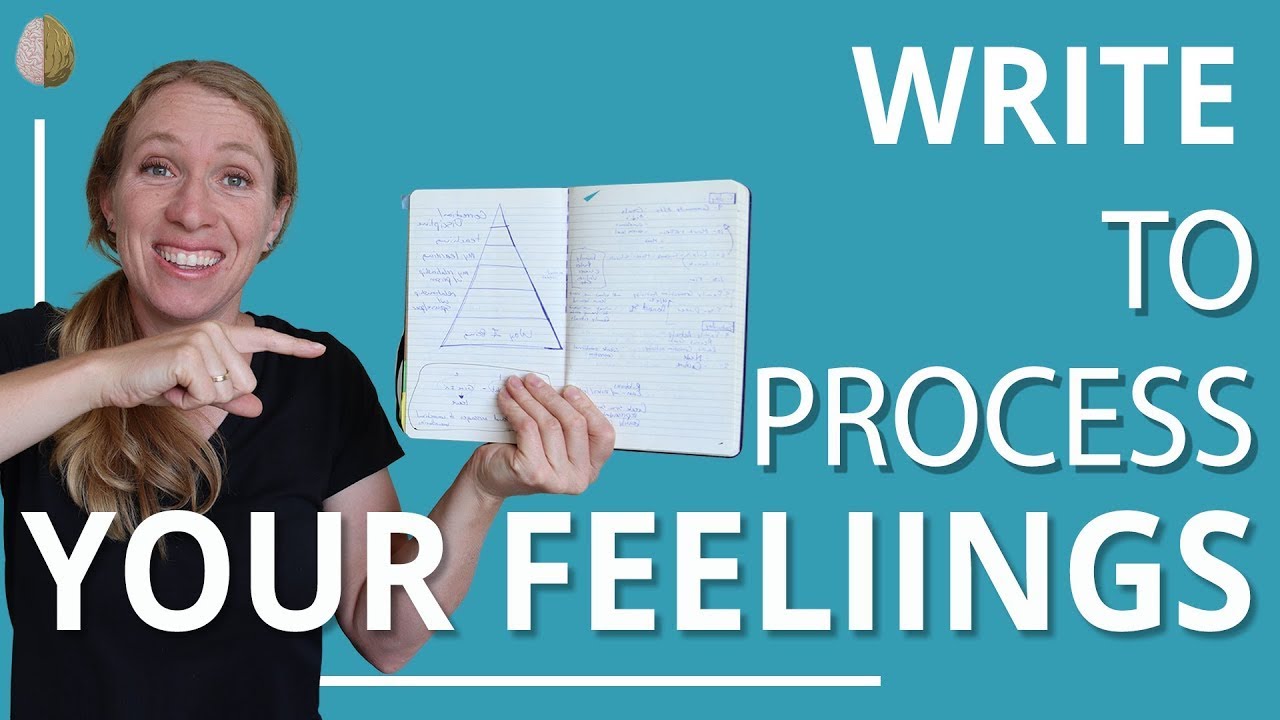While the use of digital communication has reduced the need for handwriting, in some circumstances handwriting remains a cherished skill and form of individual expression for many. Outside of the personal expression, there is some powerful scientific evidence to suggest that there are numerous cognitive and neurological benefits to handwriting, such as:
- Engages numerous cognitive processes;
- Enhances learning and memory;
- Activates neural pathways in a unique way as compared to typing;
- Improves reading, spelling and overall literacy in children;
- Enhances creativity and self-expression; and
- Promotes a sense of mindfulness and focus.
Handwriting is not only an important method of communication, it has a number of therapeutic benefits. The act of writing provides an opportunity to review and reflect on what you have written and creates pathways to insight, patterns and prompting to take action in your life.
Given the evidence and the psychological benefits of writing, I challenge you to take 5 minutes at the beginning or end of the day and use a pen and paper to write! Write your thoughts, emotions, dreams, worries, gratitudes and plans – and notice what you notice.
Here is a short video to explore the benefit of journaling (there is an ad during the video promoting a product – please skip through the ad, as I am not promoting the product):
5 Benefits of Journaling for Mental Health

